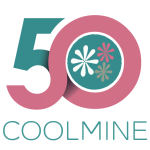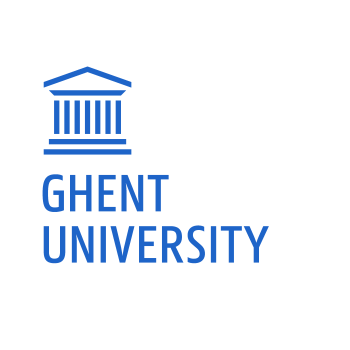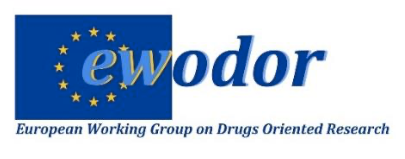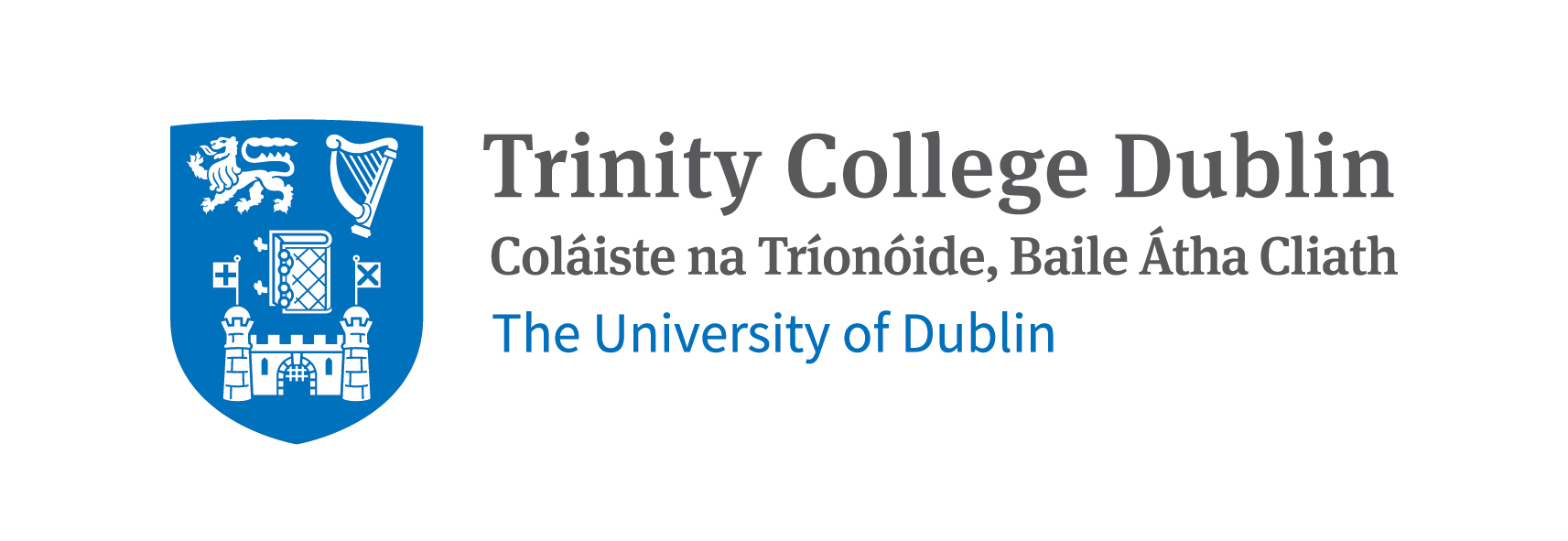23rd – 24th October 2023 Dublin
Promoting addiction recovery through building recovery ready communities
Coolmine Therapeutic Community, Trinity College Dublin and EWODOR (European Working Group On Drug-Oriented Recovery Research) are happy to announce the 2023 EWODOR symposium that will be held on October 23rd and 24th in Dublin, Ireland. EWODOR has a long tradition of bringing together researchers and practitioners from all over Europe and beyond to exchange recent insights and findings around addiction treatment and recovery.
This year’s conference theme focuses on the role of support, connectedness and communities in promoting addiction recovery. Recovery capital entails the personal, social and community resources and assets that help individuals to initiate and maintain addiction recovery. An overly individualistic approach to recovery often predominates, disregarding the relational nature and ecological embeddedness of recovery processes. The concept of ‘recovery ready communities’ has been introduced to promote relational recovery and lived experience expertise, stimulating the establishment of alternative services, new networks and innovative methods and policies that support sustainable recovery journeys and communities. Some of these developments and recent research findings will be highlighted during this conference.
Monday Conference Presentations
Boro Goic – Entrance door to unsustainable recovery paths
Cis Dewaele – Outreach or real-life context work
Clara de Ruysscher – Islands in the stream
David Best – From a social to an ecological model of recovery
Dawn Russell – Attitudes and beliefs in the sector
David Patton and Dot Smith – Recovery at the Macro. structural and cultural level
Declan Murphy – Collegiate Recovery Programs
Julie Schamp – Experience of female substance users with TCTSY as complementary treatment
JoHanna Ivers – Building systemic capital to advance addiction recovery in Ireland
Jurgen Magermando – Substance use and mental health care integration
Joanne O’Dwyer – An exploration of the experience of individuals in non abstinent based recovery
Kate Rachford – Parent under Pressure
Keith Warren – Peer influence in therapeutic communities
Lucy Webb – Trajectories in long term recovery from substance use
Marie Lawless and Clio Power – Its about taking it from where you are
Mary Healy Vernon and Louise Foy – Trauma Informed Recovery Programme
Paul Sobey – A tale of two provinces
Rebekah Brennan – An evaluation of Boxing Clever Cork
Thomas Solgård Svendsen – The CRED Study- Wouter Vanderplasschen Promoting Addiction Recovery
Tuesday Conference Presentations
Anita Harris – celebrating 50 years of promoting recovery made communities
Connie Pike – Recovery ready research
Carolyn Ingram – Priority Healthcare Needs Amongst Individuals
Carolyn Ingram – I’ve a lot on my plate at the minute
Dave Higham – Core conditions for recovery
Ed Day – Toward better treatment and recovery systems
Justyna Klingemann – How much treatment does a person need to recover?
Maurizio Coletti – the role of families in residential and community treatment of drug use and abuse
Scientific Committee
Prof. Jo-Hanna Ivers
Trinity College Dublin,
Dublin, Ireland
Prof. Wouter Vanderplasschen
Ghent University,
Ghent, Belgium
Pauline McKeown
Coolmine Therapeutic Community,
Ireland
Anita Harris
Coolmine Therapeutic Community
Ireland
Prof. Jessica De Maeyer
HOGent University
Ghent, Belgium
Mulka Nisic
University of Derby,
Derby, England
Prof. Stijn Vandervelde
Ghent University,
Ghent, Belgium
David Patton
University of Derby
Derby, England
Andrea Ascari,
Italian Federation of Therapeutic Communities
Italy
Keynote Speakers
Following keynote speakers have confirmed participation in the conference:
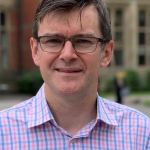
Prof. Edward Day
Professor of Addiction Psychiatry, School of Psychology at the University of Birmingham.
Dr Ed Day is a Psychiatrist who combines clinical work in the NHS with research and teaching. He specializes in the treatment of drug and alcohol use disorders, and his research focuses on testing novel pharmacological and psychosocial interventions. He was appointed the National Recovery Champion by the Home Office in May 2019.
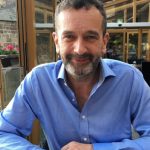
Prof. David Best
Professor of Addiction Recovery, Leeds Trinity University and Honorary Professor at Australian National University, Canberra.
Trained as a psychologist and criminologist, David Best has worked in practice, research and policy in the areas of addiction recovery and rehabilitation of offenders. He has authored or co-edited seven books on addiction recovery and desistance from offending and has written more than 220 peer-reviewed journal publications on this topic.
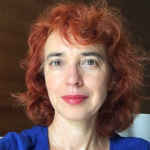
Prof. Marie Jauffret-Roustide
Sociologist and Drug Policy Researcher, School for Advanced Studies in Social Science, Paris.
Marie Jauffret-Roustide leads sociological and public health studies on drug use practices and social processes of at-risk behaviours. She is now the leader of an international comparative research on drug policies including the analysis of the biomedicalization process of addiction and the history of harm reduction and cannabis regulations.
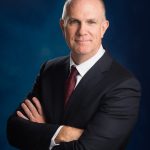
Dr. Paul Sobey
Dr. Paul Sobey is a full-time addiction medicine physician who completed fellowship training in Addiction Medicine at University Hospitals of Cleveland and Case Western Reserve University.
Paul’s background is in full service family practice (CFPC Certified). He is an Adjunct Professor in the Department of Health Sciences at Simon Fraser University, a Clinical Instructor with the UBC Faculty of Medicine, Department of Family Practice and past President of the Canadian Society of Addiction Medicine.
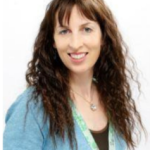
Dr. Sarah Morton
Director of the Community Drug Programme in the School of Social Policy, Social Work and Social Justice in University College Dublin.
Sarah Morton holds a PhD from the Centre for Action Research in Professional Practice, University of Bath and has extensive experience in practice, policy development and research in regard to issues of substance use, domestic violence and practitioner practice development.
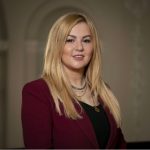
Prof. Jo-Hanna Ivers
Associate Professor in Addiction at Trinity College, Dublin. She holds the only addiction specific academic post in Ireland
Jo-Hanna Ivers is the first Associate Dean of Civic Engagement and Social Innovation at Trinity College Dublin. Jo-Hanna leads the Neurobehavioural Addiction Research Group at the Department of Public Health & Primary Care, School of Medicine. She is the Director of the M.Sc. in Addiction Recovery.
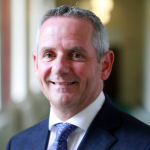
Paul Reid
Chair of the Citizens Assembly on Drug Use in Ireland.
Paul Reid is an Irish former public servant, who served as Director-General of the Health Service Executive, the national health service coordinating body. Before that he worked in the Department of Public Expenditure and Reform and an international development charity, after a 25-year career with telecom service provider Eircom.
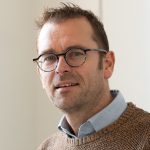
Wouter Vanderplasschen
Associate Professor and Head of the Department of Special Needs Education (Orthopedagogiek) at Ghent University (Belgium).
Wouter is a senior researcher in the field of substance use treatment and addiction recovery, with special interest in vulnerable populations, case management, therapeutic communities and quality of life. He is a board member of the European Federation of Therapeutic Communities (EFTC) and chair of EWODOR (European Working Group On Drug-Oriented Recovery research).

Dave Higham
CEO Of the Well Communities which has grown to become one of the leading providers of Lived Experience Recovery Organizations in the UK.
Dave has lived experience of drug and alcohol addiction and is a survivor of trauma. After spending over 25 years in addiction, and in that time, spent more time in prison than he did in the community, Dave achieved recovery in prison in 2005 and has been a champion of Lived Experience ever since. He is the author of Rat Hell to Rat Park & Bigger Book of Trauma.
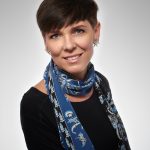
Prof. Justyna Klingemann
Head of the Department of Studies on Alcohol and Drug Dependence at the Institute of Psychiatry and Neurology in Warsaw, Poland and the current President of the Kettil Bruun Society for Social and Epidemiological Research on Alcohol.
Medical sociologist, with a research focus on the social determinants of recovery (social perception, stigma, self-change) and harm reduction strategies in addiction, as well as treatment system aspects (structure, availability, social image, psychosocial work conditions). Member of the Polish Ministry of Health Working Group on Reform of Addiction Treatment System.
About EWODOR
EWODOR is one of the longest standing drug research and recovery networks in Europe. The European Working Group on Drugs Oriented Research (EWODOR) was founded in 1983 by Eric Broekaert (Ghent University, Belgium), Vera Segraeus (Uppsala University, Sweden) and Charles Kaplan & Martien Kooyman (Erasmus University Rotterdam, the Netherlands) as the scientific branch of the European Federation of Therapeutic Communities (EFTC). EWODOR conferences are usually organised in partnership between a treatment organization and local university. Recently, EWODOR conferences were hosted by Aarhus University (Denmark, 2004), University of Oslo (Norway, 2007), University of Stirling (Scotland, 2009), University of Barcelona (Spain, 2011), Aristotle University of Thessaloniki (Greece, 2012), Trinity College Dublin (Ireland, 2014), LUMSA University Rome (Italy, 2016), Ghent University (Belgium, 2018) and University of Derby (England, 2020, cancelled).
Due to the COVID-19 restrictions and changes at the organising universities, EWODOR (European Working Group on Drugs Oriented Recovery research) has been transformed into a network of recovery researchers that hold regular meetings and organizes a bi-annual conference that will be used as a forum for international exchange about addiction recovery research and the role of treatment. We will continue EWODOR’s tradition of practice-based research as well as its focus on lived experiences to advance knowledge on addiction recovery.
